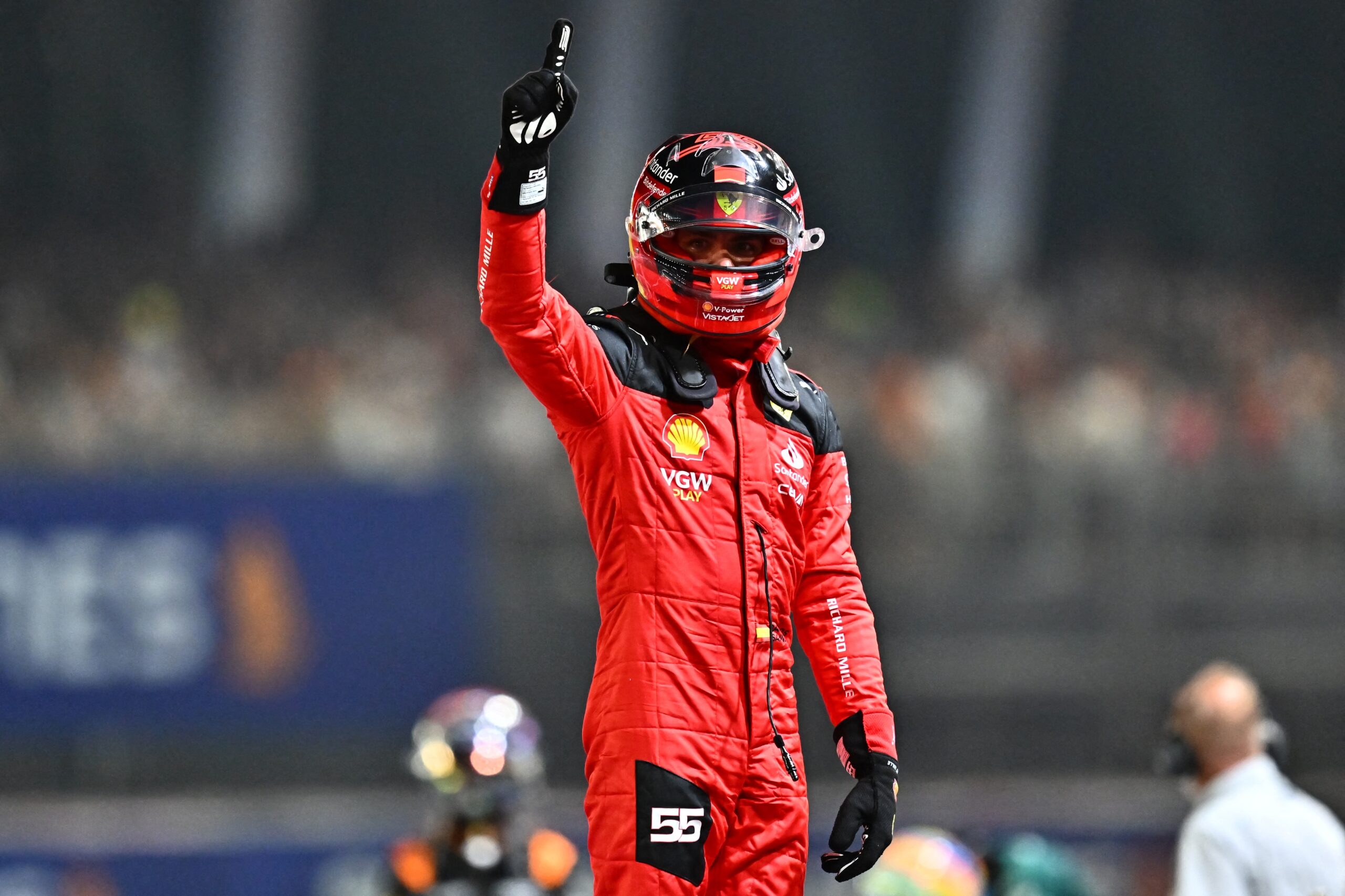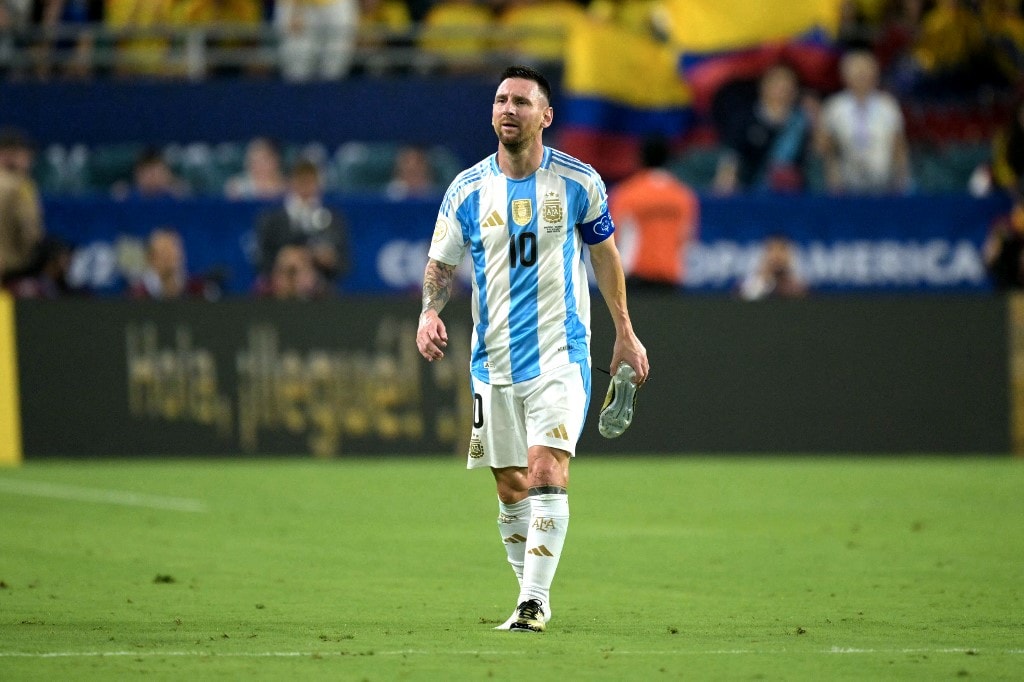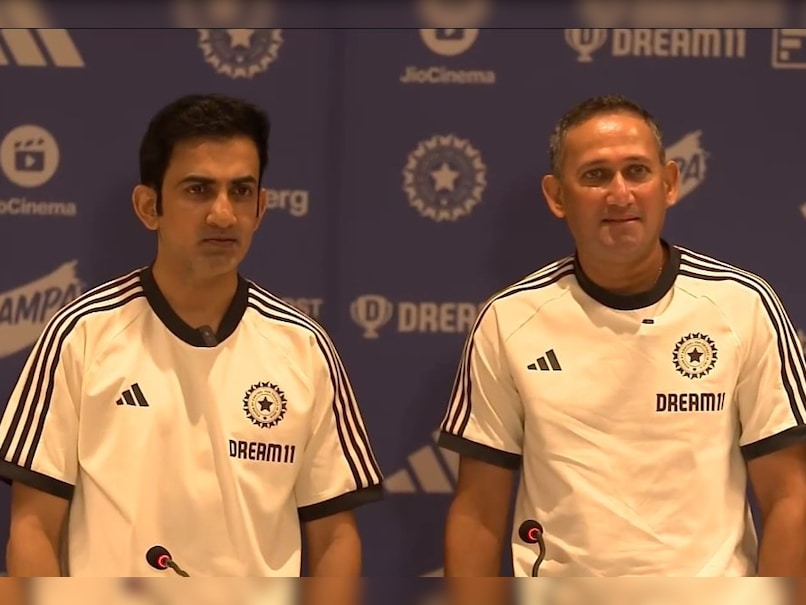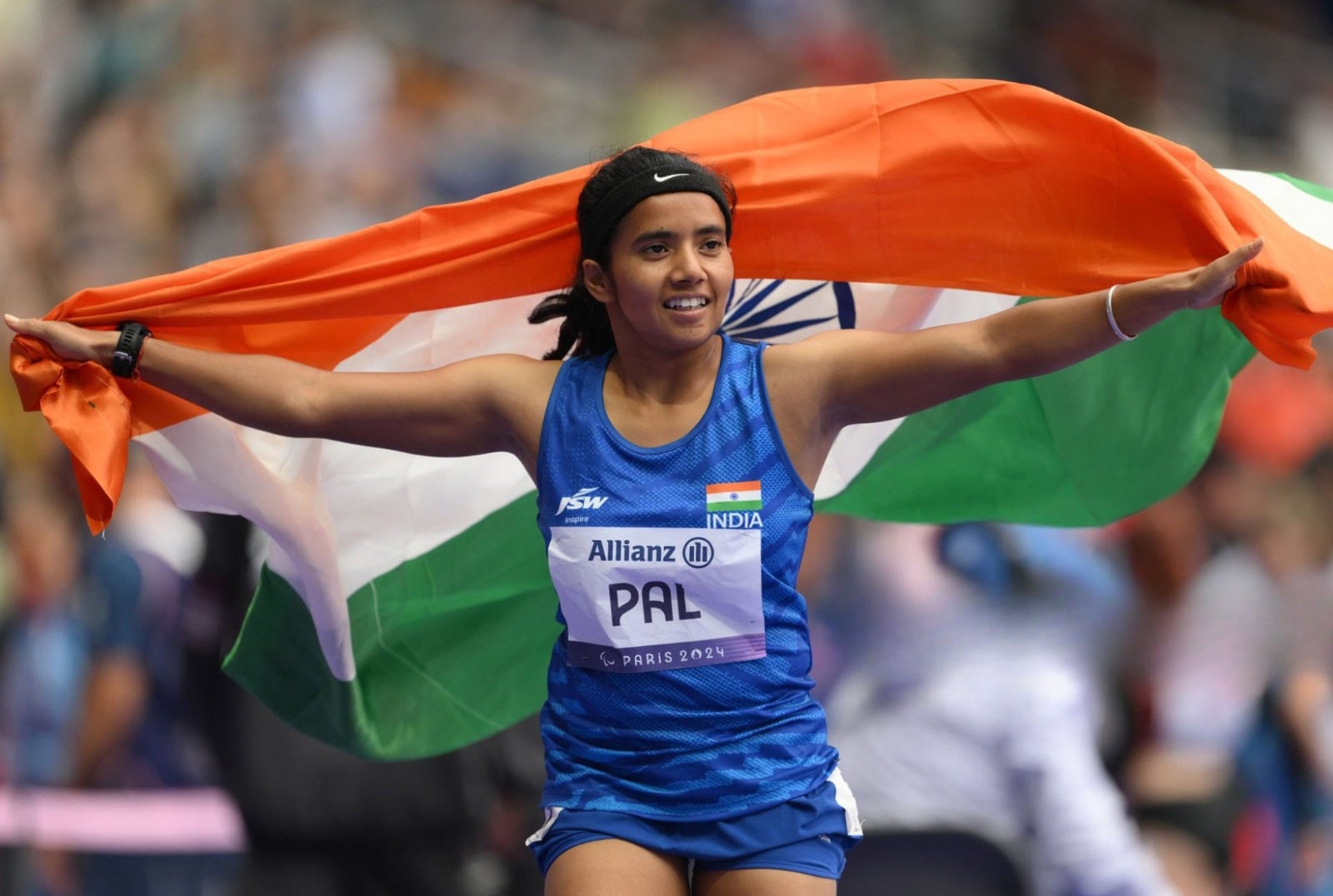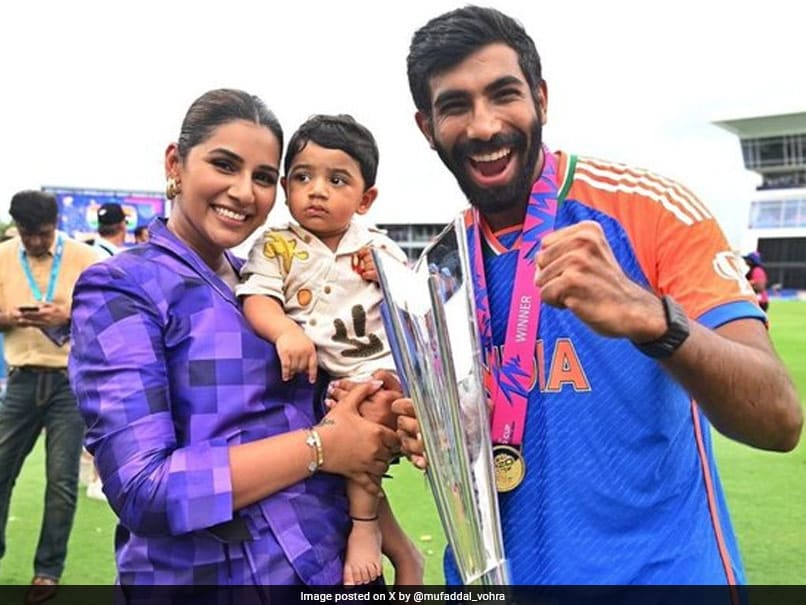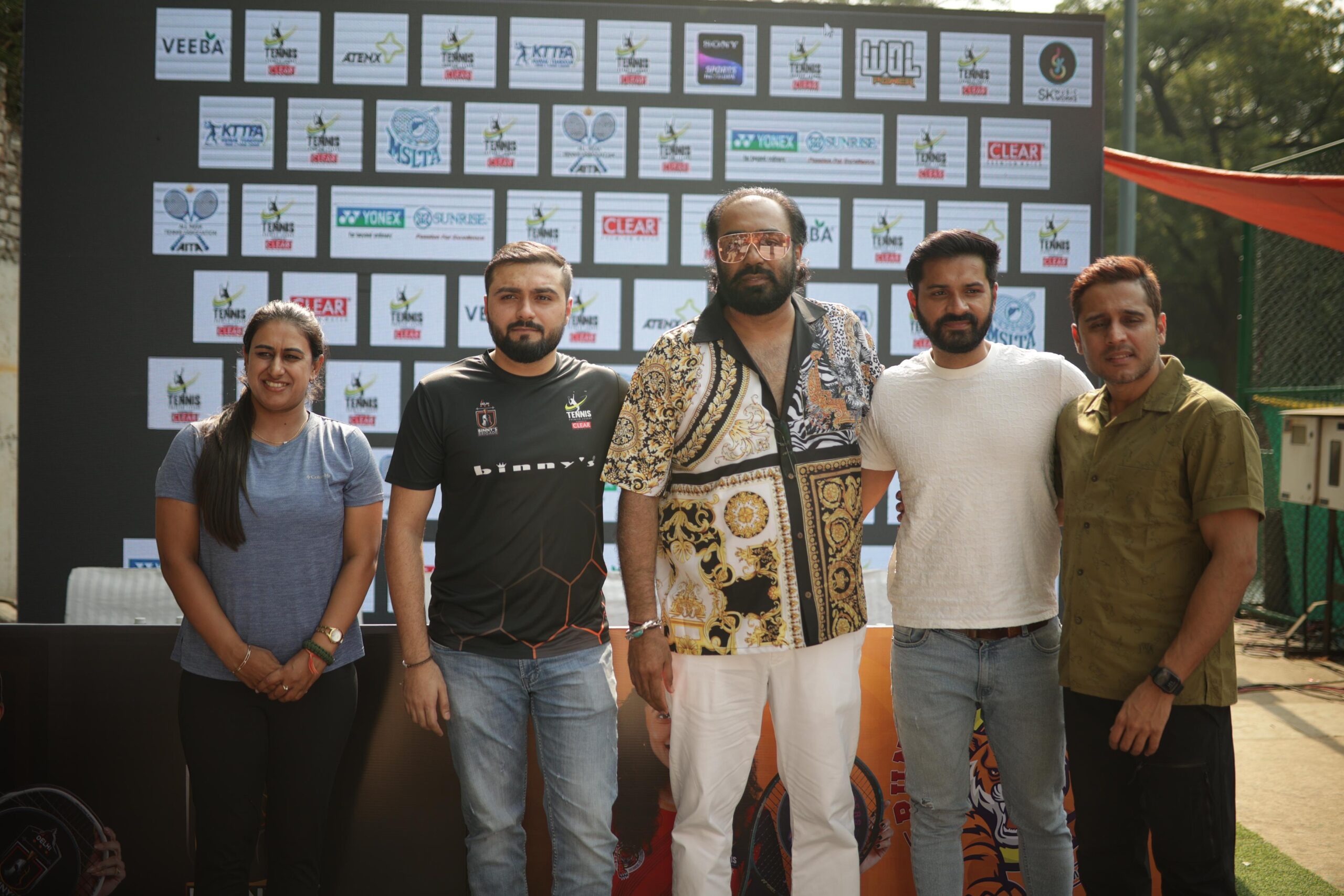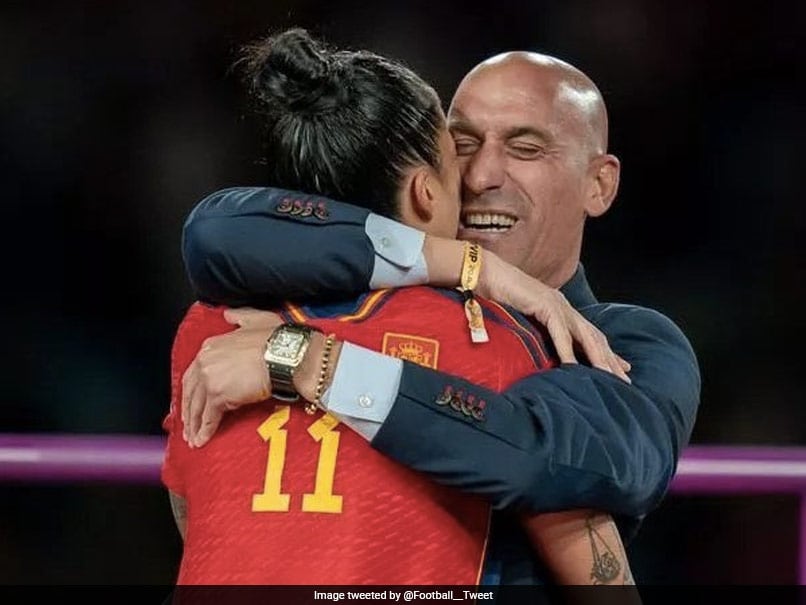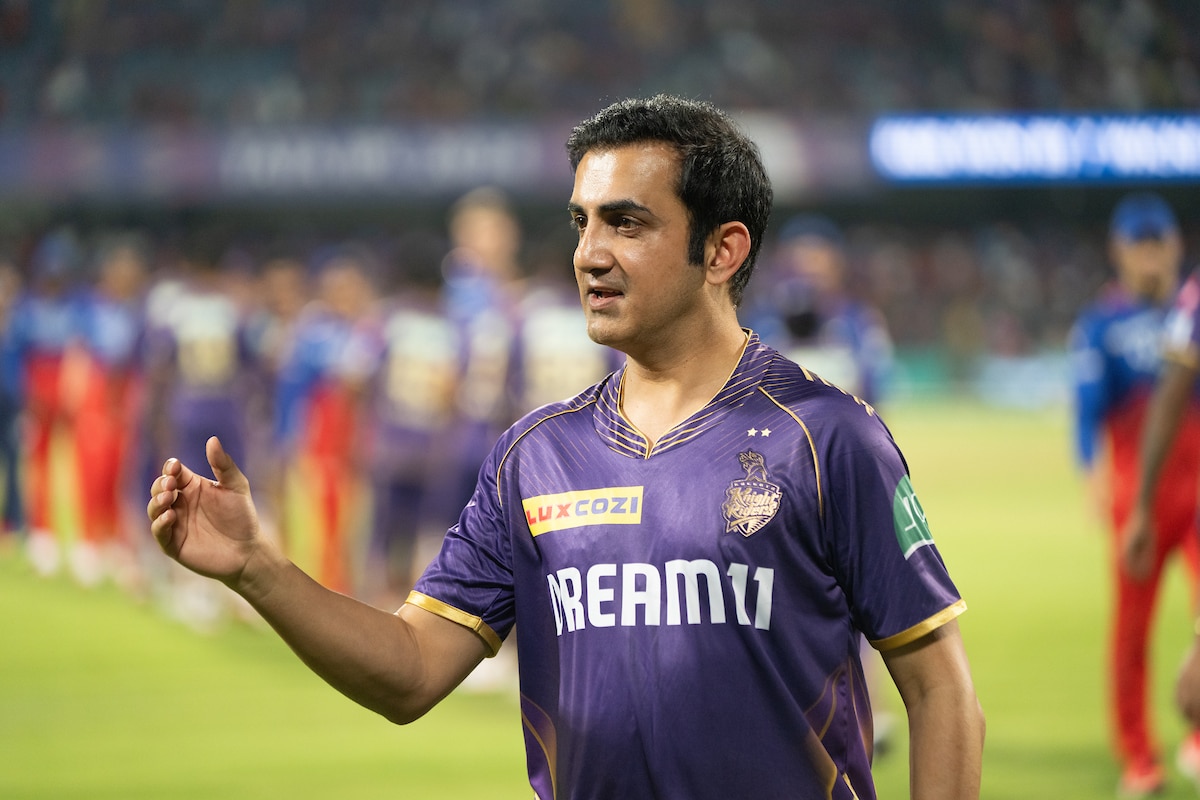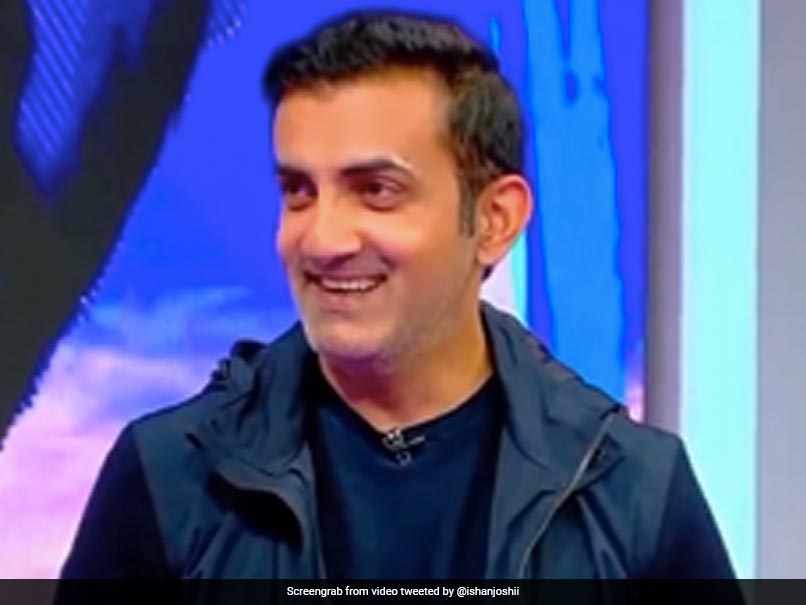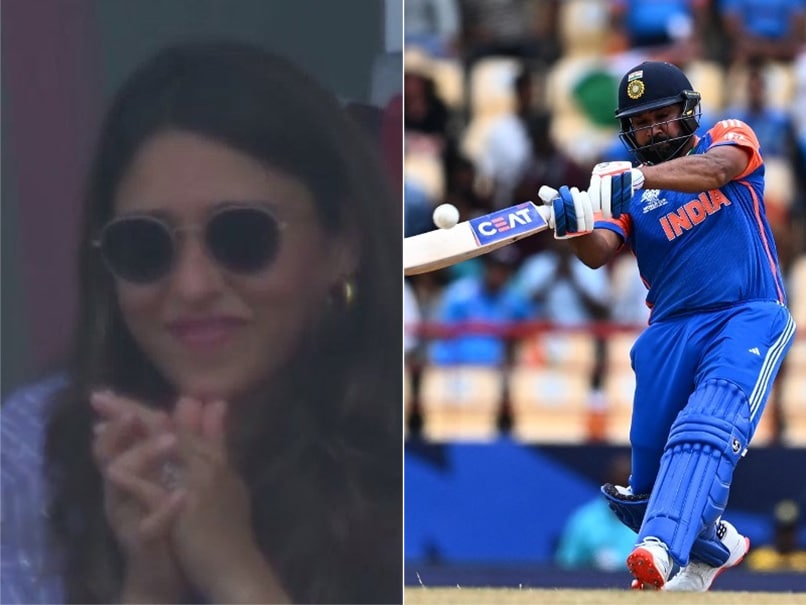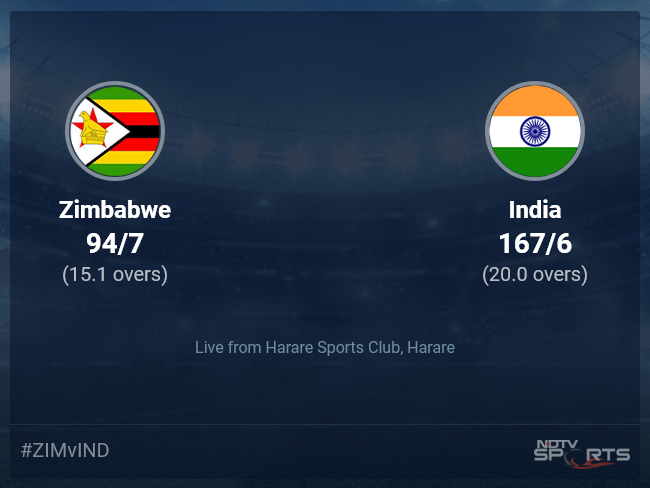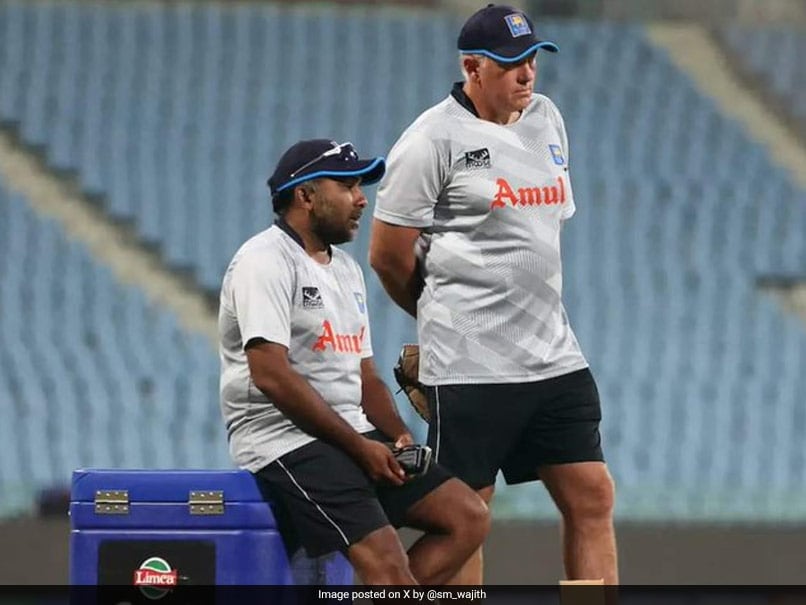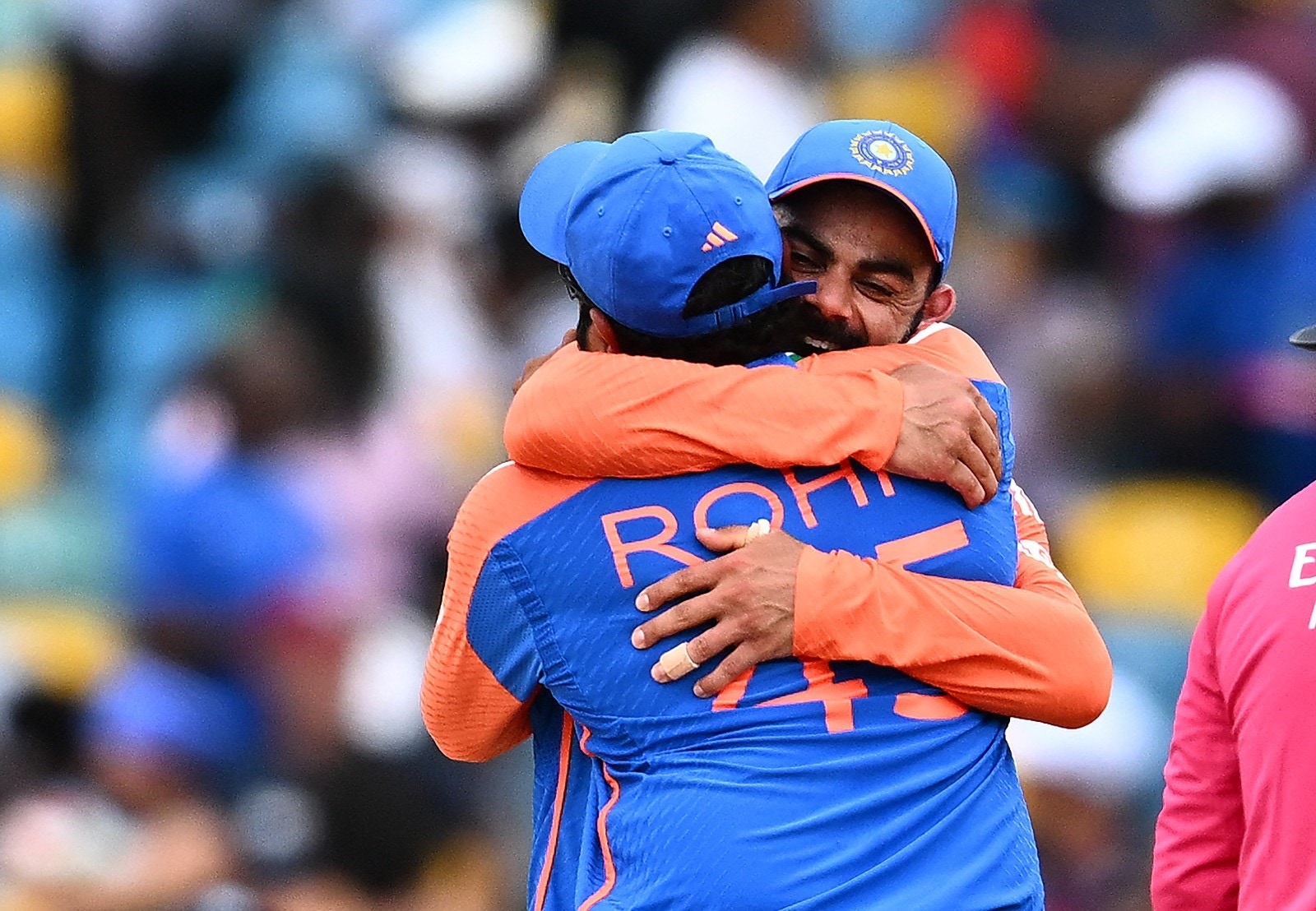Differently-abled but exceptionally resolute, India’s para-athletes would look back at their Paralympics campaign with pride as most of the established names lived up to expectations and many talented greenhorns made the big stage their own in a record-smashing medal haul of 29. Seven of these 29 medals are gold, which is another first for the country that started to make its presence felt only in the 2016 edition, where it won four medals. The upswing in performance after that has been meteoric with Tokyo yielding 19, a number that was surpassed this time.
Not to forget, a lot of medal-winning performances here were record efforts and personal bests, demonstrating that the athletes have made significant progress as far as their self-belief is concerned.
The 29 medals in five sports, including a whopping 17 at the track and field events, have ensured that the country will end in the top 20 of the mega-event that was once again dominated by China with over 200 medals.
India is still far away from becoming a force at the Olympic level but the nation has certainly emerged as a force to be reckoned with in the competition for the differently-abled.
The government did its bit with increased spending on training, recovery and support staff. The sports ministry had 59 para-athletes in its Target Olympic Podium Scheme roster, 50 of whom qualified for Paris.
Unexpected medals in track and judo
The contingent of 84 ensured plenty of firsts for India in Paralympic history including medals in track events with sprinter Preethi Pal winning a bronze in the women’s 100m T35 and 200m T35 class.
T35 classification is meant for athletes who have coordination impairments such as hypertonia, ataxia and athetosis. Preethi was born with weak legs and it became progressively worse as she grew up.
Another first ever medal came via Kapil Parmar in Judo. He made India proud by securing a bronze in the men’s 60kg J1 class.
His was another story of remarkable resolve as the 24-year-old lifted himself from a life altering accident in his childhood when he got electrocuted while playing in the fields of his village. Kapil was forced to sell tea as well later in his life to make ends meet but he turned things around and how.
Archery and club throw prop up India in medals tally
The likes of Harvinder Singh and Dharambir pushed India considerably higher up the medals tally by securing path-breaking gold medals in archery and club throw respectively.
Armless archer Sheetal Devi, who was born without arms, was already a beacon of hope to millions but with her mixed team bronze, the 17-year-old gave her community another reason to never give up.
No wonder she became a crowd favourite in Paris as she left everyone in awe using her legs instead of arms to hit the bulls’ eye.
The crowd was left hugely disappointed as she narrowly lost her 1/8 elimination contest in the singles event.
Days later, Harvinder kept his nerve under extreme pressure to land the first ever gold for India in archery, also changing the colour of his medal from the Tokyo edition where he won bronze.
In the club throw event, it was a rare one two finish for India with Dharambir and Pranav Soorma ending up on the podium in the F51 class.
A tragic diving accident had Dharambir paralysed from waist down but the Sonepat resident found much needed support from fellow para athlete Amit Kumar Saroha who guided the latter in his darkest days.
Sumit Antil and Avani Lekhara defend titles
While plenty of firsts were registered, some of the Indian athletes including javelin thrower Sumit Antil and shooter Avani Lekhara had high expectations to meet, having won gold in Tokyo.
Sumit, whose left leg was amputated after an accident, broke his own Paralympic record for a second successive javelin gold while wheelchair-bound rifle shooter Lekhara dominated the field in the air rifle SH1 final.
A gold also came from the badminton court via Kumar Nitesh who pipped Britain’s Daniel Bethell in a thrilling final. Nitesh too lost his leg after a train accident. He took to badminton while pursuing his graduation from IIT-Mandi.
Going forward, India can aspire to finish in the top-10 if it manages to create a pool of para swimmers too. Only one swimmer represented the country in Paris.
Table toppers China won as many as 54 medals in swimming including 20 gold.
Topics mentioned in this article



